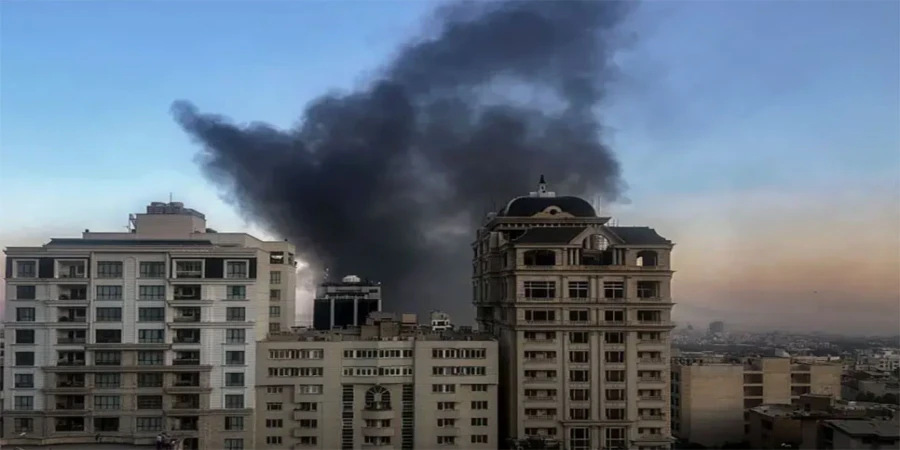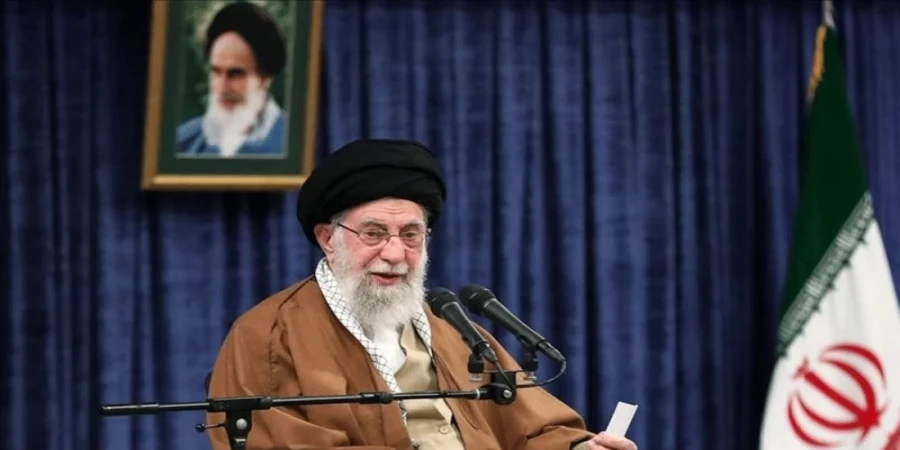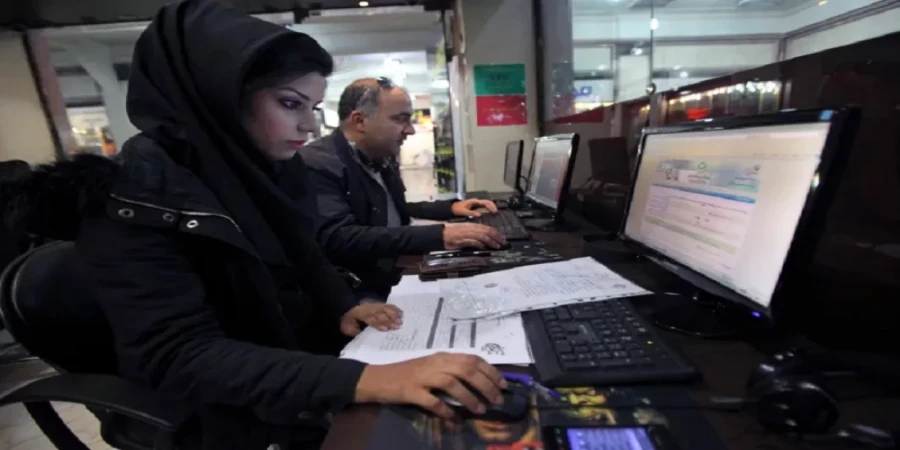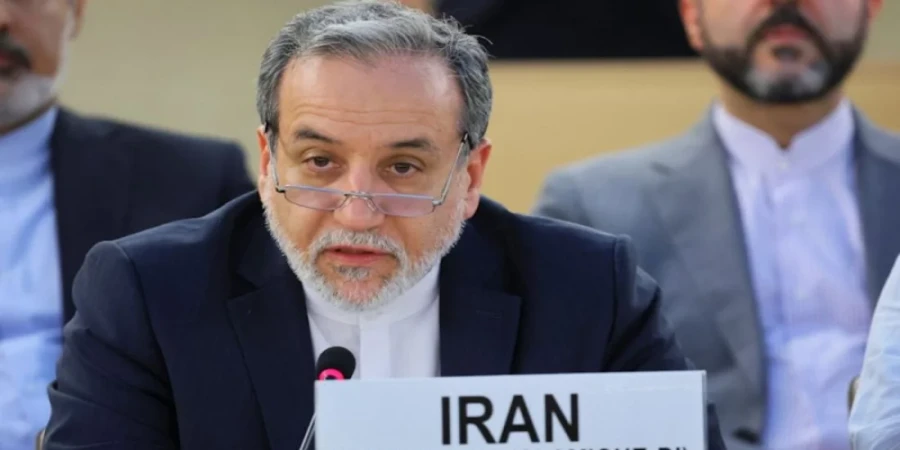
ছবি: Photo: Collected
Iranian media reports confirm the assassination of another nuclear scientist, Esar Tabatabaei Ghomshheh, bringing the officially acknowledged death toll to ten as tensions with Israel escalate over covert operations.
Iran has officially confirmed the death of a tenth nuclear scientist in what it claims is part of a series of targeted assassinations allegedly carried out by Israeli intelligence operatives. The most recent victim, Esar Tabatabaei Ghomshheh, was reportedly killed in his home alongside his wife in an attack that occurred late last week. The news of his death first appeared in a newsletter published by Sharif University of Technology in Tehran, where he was once a student.
According to the university's statement, Ghomshheh and his wife, Mansoureh Haji Salem, were killed in what appears to be a calculated home invasion, further fueling suspicions of external involvement. The attack is believed to be part of a coordinated effort that has claimed the lives of several key figures associated with Iran’s nuclear and scientific research community over the past months.
Ghomshheh’s death follows the previously confirmed deaths of nine other Iranian nuclear scientists, whose identities and affiliations suggest a deliberate campaign aimed at weakening the country’s scientific capabilities. Among the earlier victims were Fereydoun Abbasi, the former head of Iran’s Atomic Energy Organization, and Mohammad Mehdi Tehranchi, who served as president of Islamic Azad University in Tehran.
Others targeted included academic researchers and professors deeply involved in nuclear development and advanced scientific projects. Abdulhamid Minouchehr, Ahmad Reza Zolfaghari, and Amirhossein Feghi were associated with Shahid Beheshti University, a leading academic institution in Tehran. Additional victims included Akbar Motalebizadeh, Ali Baki Karimi, Mansour Asgari, and Saeed Borji, all of whom were involved in key research programs or held strategic roles within Iran’s scientific infrastructure.
The Israeli television station Channel 12 earlier reported on what it referred to as "Operation Narnia," an alleged covert mission involving the synchronized elimination of nine Iranian nuclear experts. According to the report, the tenth assassination followed soon after the completion of the main phase of the operation.
Though Israel has not officially commented on the claims, the allegations have intensified the already volatile relationship between the two nations. Iran has repeatedly accused Israel of engaging in sabotage, cyber warfare, and targeted killings as part of a long-standing effort to halt or delay Iran's nuclear ambitions.
The latest incident comes amid heightened regional tensions, with multiple Middle Eastern powers recalibrating their security strategies in response to a growing shadow war between Iran and Israel. Analysts suggest that the pattern of targeted killings, while not officially claimed by Israel, fits a familiar intelligence playbook aimed at destabilizing Iran’s nuclear program without resorting to direct military confrontation.
Iranian authorities have vowed to investigate the killings and hold those responsible accountable, though past incidents have often ended without public disclosure of perpetrators or outcomes. In recent years, Iran has accused Israel of orchestrating the high-profile assassinations of top nuclear physicist Mohsen Fakhrizadeh in 2020 and multiple acts of sabotage at critical nuclear sites such as Natanz.
The increasing number of assassinations is raising concerns about the security of Iran's scientific community. Several universities and research institutions have reportedly tightened internal protocols, and there is growing apprehension among academics and scientists who fear they may become targets due to their affiliations.
International observers remain divided on the implications of the assassinations. Some view the killings as part of a broader Israeli policy of pre-emptive defense, aimed at ensuring that Iran never acquires the capability to produce a nuclear weapon. Others argue that the continued targeting of Iranian scientists may deepen instability and increase the likelihood of a broader regional conflict.
Diplomatic responses to the latest killing have been muted. Western nations, many of whom have long expressed skepticism over Iran's nuclear intentions, have neither condemned nor endorsed the alleged assassinations. Meanwhile, Iranian state media has amplified its narrative of foreign aggression, portraying the killings as martyrdoms in a larger battle for national sovereignty and scientific progress.
Iran’s government has also hinted that it may respond in kind. While no official retaliation has been announced, Iranian officials have historically threatened counter-operations, including cyber attacks and support for proxy groups in the region.
As Iran mourns the loss of its tenth nuclear scientist, the international community is watching closely for signs of retaliation or escalation. The latest development underscores the complex nature of the Iran-Israel conflict, one increasingly characterized not by open warfare, but by silent, surgical strikes intended to shift the balance of power in a region already fraught with uncertainty.
repoter





